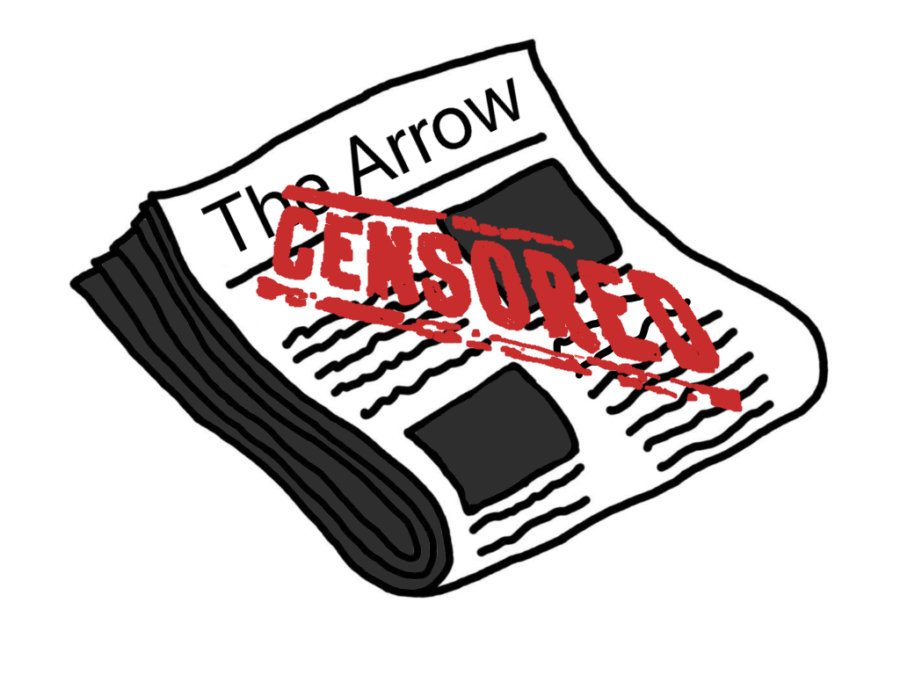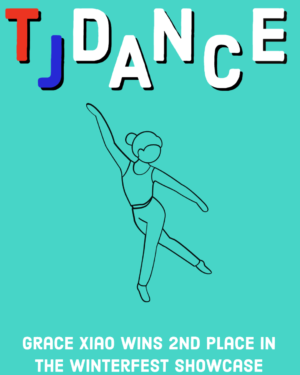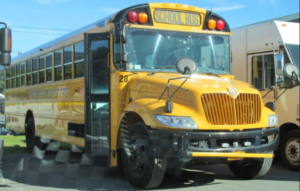Dean v. Utica Community Schools
The Arrow newspaper was censored by principal Richard Machesky.
March 5, 2022
Censored
The principal of Utica High School, Richard Machesky, told the student newspaper, The Arrow, to remove an article written by student journalist Katy Dean.
This article was about Rey and Joanne Frances, a couple who sued the school district for loitering diesel buses in the school garage next to their home and claimed that this caused Rey Frances’s cancer. In Dean’s article, she noted that she found conflicting evidence about diesel fumes having carcinogenic effects in her research.
Nevertheless, Machesky stated that the article was based on “unreliable” sources and that the article was “highly inaccurate.” The Arrow staff abided by Machesky’s order, but later released an editorial about censorship. In April of 2003, Dean filed a lawsuit against the school district.
Dean v. Utica Community Schools
The district court concluded that the school’s action violated First Amendment rights, Judge Arthur Tarnow calling the school’s censorship “indefensible.” Tarnow determined that the article was censored plainly because it was an opposing opinion.
Secondly, he stated that The Arrow was a limited public forum. To achieve that conclusion, Tarnow noted that during the preceding 25 years, the school officials had never required students at Utica to submit content for prior review. Under the criteria from Hazelwood School District v. Kuhlmeier, Tarnow examined the article and deduced that there was no variance in the quality or contents of Dean’s article in The Arrow from other “professional” newspapers.
Journalist Point of View
Hazelwood’s introduction of a “legitimate pedagogical concern” test led many school principals and administrators to incorrectly censor student work. However, Dean v. Utica mitigates some of the controversial aspects of the Hazelwood court case.
“If the role of the press in a democratic society is to have any value, all journalists including student journalists must be allowed to publish viewpoints contrary to those of state authorities without intervention or censorship by the authorities themselves,” Tarnow said during the court hearing.
Although this decision was made in a lower court, this case sets a precedent for the application of First Amendment protections to high school journalists: It is just a matter of using this shield correctly.
On account of this, student journalists like myself are free to express our opinions through articles and reports on news worthy of coverage.










